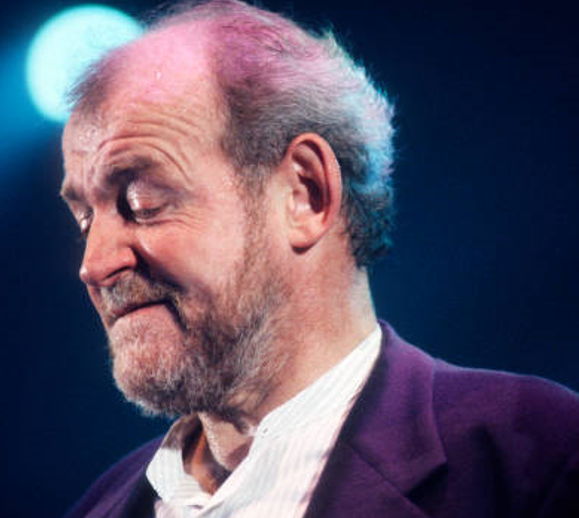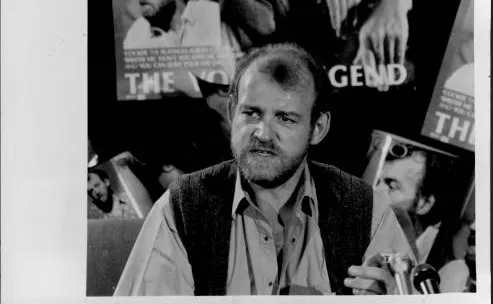In the legendary year of 1969, when the winds of change and revolution swept across America, a historic event unfolded over a single weekend in New York City. The Fillmore East, nestled in the vibrant heart of the East Village, bore witness to two unforgettable nights on August 8th and 9th, featuring some of the most iconic acts of the era—Jefferson Airplane, Joe Cocker and The Grease Band, and the spontaneous sounds that defined the spirit of the times.

The Fillmore East, under the stewardship of the renowned concert promoter Bill Graham, was more than just a venue; it was a cultural phenomenon. With its intimate setting and impeccable acoustics, it attracted musicians and fans alike, fostering an atmosphere where music transcended mere entertainment to become a communal experience.

On the night of August 8th, the Fillmore East's stage was graced by the ethereal sounds of Jefferson Airplane. Pioneers of psychedelic rock, their performance was a mesmerizing journey through a sonic landscape of swirling guitars and Grace Slick's haunting vocals. They embodied the counterculture's yearning for a new world.

Sharing the stage on the same evening was Joe Cocker, accompanied by the dynamic ensemble known as The Grease Band. Cocker's impassioned and raspy voice, coupled with the band's high-energy presence, was nothing short of a revelation. Their rendition of "With a Little Help from My Friends" became an anthem of the era, a soulful cry for unity and understanding.

As the weekend unfolded, something magical happened beyond the planned performances. It was a celebration of spontaneity, a manifestation of the counterculture's desire to break free from convention. Musicians and fans alike joined in, creating an atmosphere of joy, love, and togetherness, foreshadowing the Woodstock Festival just days away.
The Fillmore East in 1969 symbolized the zeitgeist of a generation. It was a moment when music became a catalyst for change, a vehicle for expressing hope and protest. The performances by Jefferson Airplane, Joe Cocker and The Grease Band, and the spontaneous sounds of that weekend were more than notes and lyrics; they were a call to action, a testament to the power of music to inspire transformation.The Fillmore East in August 1969 was a microcosm of an era—a moment in time when music was the heartbeat of a generation yearning for change. It remains etched in history as a testament to the spirit of unity, freedom, and revolution that defined the late 1960s. The Fillmore East may be gone, but its echoes continue to inspire, reminding us that in the heart of every great social and cultural movement, there is music that serves as its soulful soundtrack.



